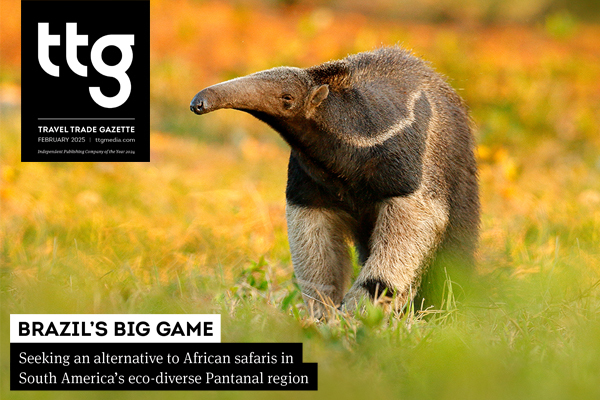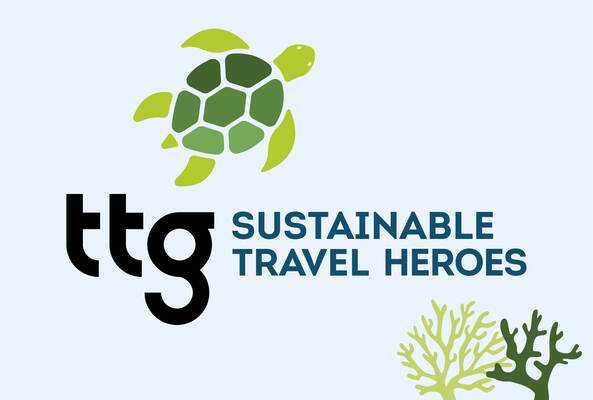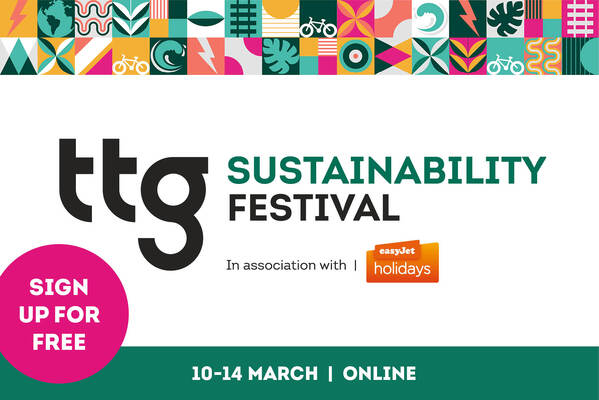Labour govt well placed to tear down Brexit impediments, says tourism body
 Ilaria Grasso Macola
Ilaria Grasso MacolaA leading figure in the UK’s tourism landscape has called on the government to tear down some of post-Brexit impediments preventing travel from operating as freely and profitably as it could and should be able to.
Tourism Alliance executive director Richard Toomer has urged ministers to go out and seek to renegotiate a number of arrangements agreed in the aftermath of the UK’s departure from the EU, which he believes has put up barriers to both travel itself and trading, and increased costs.
Addressing the Association of National Tourist Offices and Representatives’ (Antor) annual review on Wednesday (29 January), Toomer said the still relatively new government had the potential to undo or remove some Brexit clauses to ease the burden on businesses and improve relations with the bloc.
"The Labour government has much less political baggage when it comes to Brexit and EU relations,” he said. "We might have a chance of using the trade and cooperation agreement review to try and unpick some of the barriers that have been put up as a result of Brexit."
Among the barriers identified by Toomer are the end of posted working provisions, which has strengthened Abta and the wider outbound industry’s calls for a reciprocal youth mobility arrangement with the EU. A bill will be laid in the House of Commons later this year.
Another was the implementation of new border measures in both the UK and the EU. These include the UK’s electronic visa authorisation (ETA) and the EU’s Etias visa waiver, as well as the EU Entry-Exit System – biometric border measures that will, depending on people’s method of transport, require data to be collected either upon leaving the UK or arriving in the EU.
“Inbound travellers have got to apply for permission to come to the UK and that’s not quite the message we would like to be putting out to our potential visitors,” said Toomer, whose organisation lobbies more generally on inbound issues. “For outbound travellers, now we’ve got EES and Etias coming and there’s still a lot of uncertainty about when that’s finally going to be rolled out.
“There’s almost a psychological issue as we never had to apply for advanced permission to travel between our two jurisdictions before, but now that’s a requirement.”
Toomer has also lamented the government’s decision to hike the cost of ETAs from a current £10 to £16, making it more expensive than the equivalent US Esta and the yet-to-be-introduced EU Etias, which is expected to be priced at €7 (£6). The government has, though, confirmed transit passengers will be exempted from ETA.
“Are we likely to see something similar from the EU side?" said Toomer. "Are they going to say, ’if they put it up to £16, we can get away with charging more than €7?’ I don’t know the answer to any of that, but the whole thing makes me very nervous.”
Sign up for weekday travel news and analysis straight to your inbox

Ilaria Grasso Macola
Supplier Directory
Find contacts for 260+ travel suppliers. Type name, company or destination.















